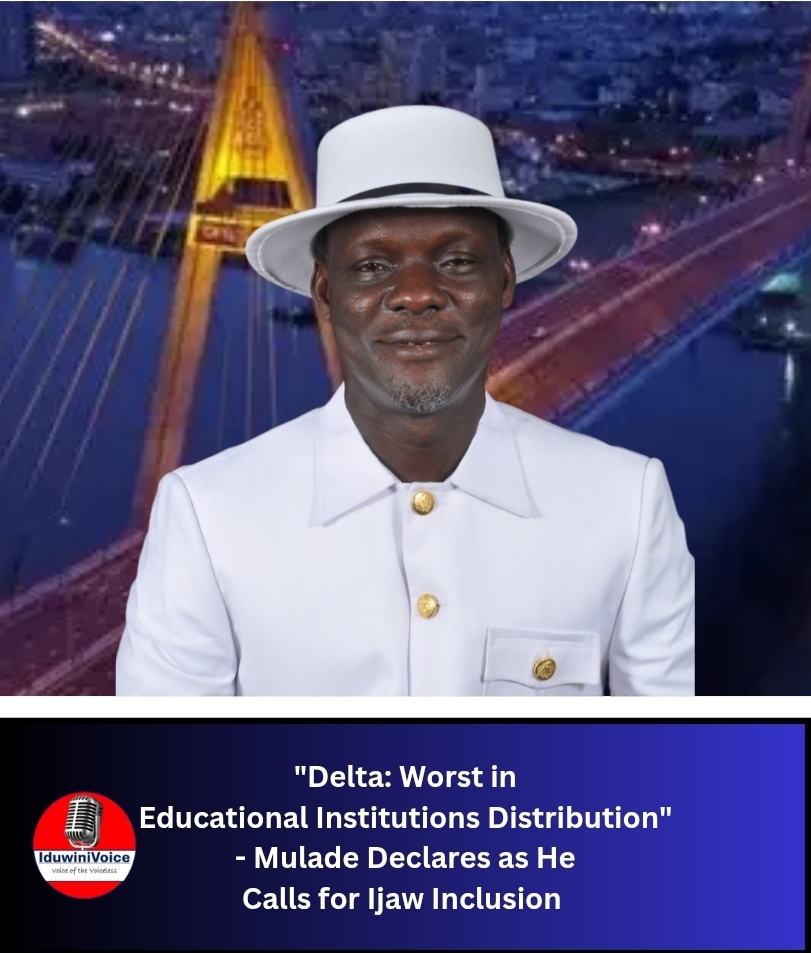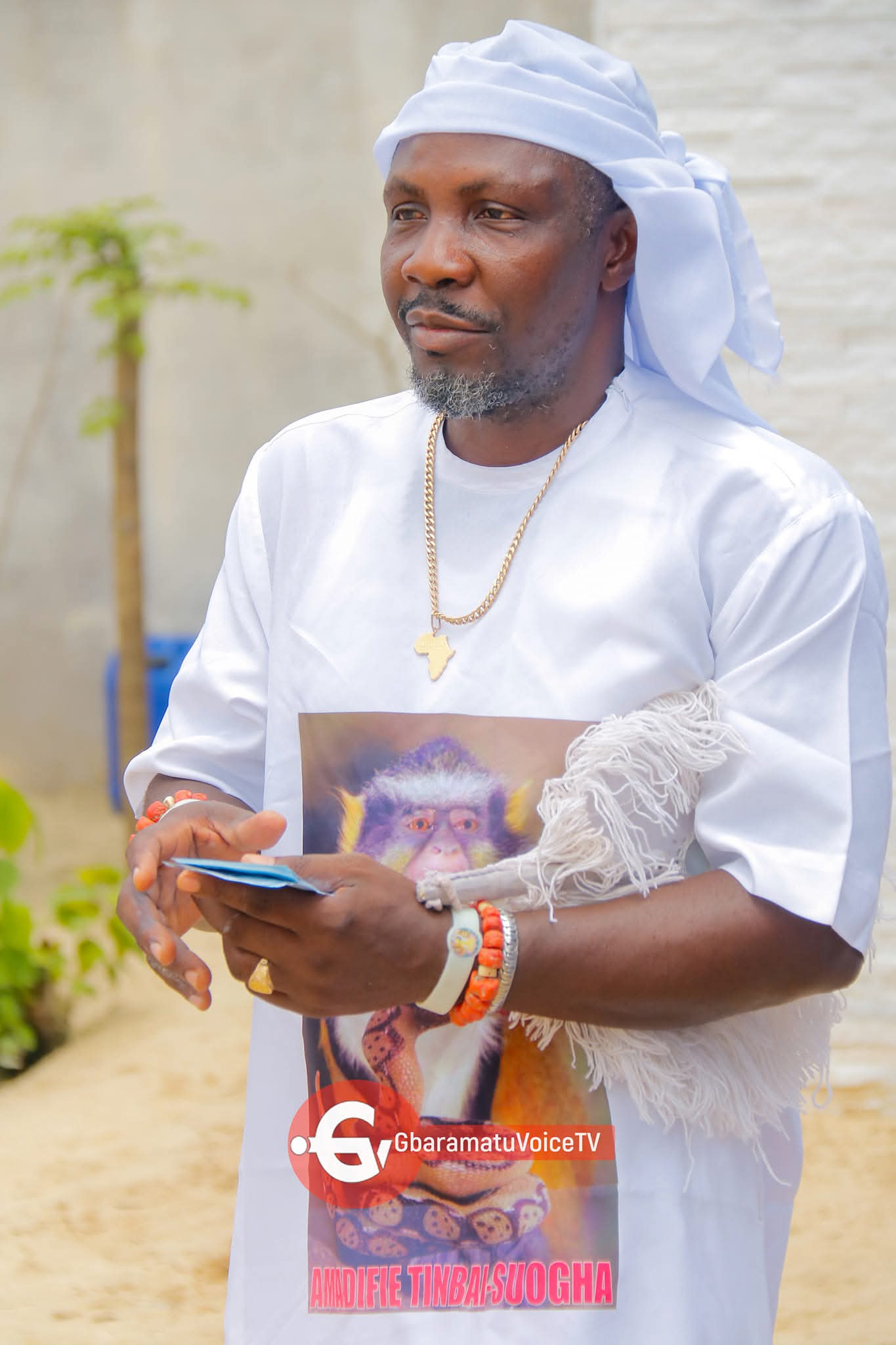Opinion
PETER OBI/PDP > The First Kiss

PDP/PeterObi> The First Kiss
By Sam Omatseye
Peoples Democratic Party (PDP)’s dilemma about embracing Pitobi is not PDP’s alone. It is also an Obidient quandary. The LP dilemma over PDP merger is not LP’s alone, it is also a PDP’s. It is the jigsaw puzzle of Nigerian politics. It was created by PDP itself.
But it is too simplistic to put it that way. We saw it last week when PDP said it was on the cusp of healing itself, and one of its formulas is to bring everyone home, including Kwankwaso and Pitobi. Like Medea in Euripides’s rendition of the Greek tragedy, they are looking at what might have been. Before she slaughtered her two sons, Medea avenged her traitor and power-crazed husband Jason by murdering his new wife and her conniving father, King Creon, who snatched Jason from Medea. Medea looked back at the time of her love with Jason with an unblended alchemy of fury and tenderness. Memory drove her to a witchcraft of envy and murder and regicide.
PDP spokesperson spoke with sumptuous nostalgia on how they might have trounced Tinubu and his APC if they had come together. Kola Ologbodiyan probably read in his mind the scripture when David eulogized how “good and pleasant for brethren to dwell together in unity.” Only that the precious oil of the election poured on their head did not reach down to Aaron’s beard before it gave them a splitting headache. They were already three persons. This trinity had no unity.
They are like divorcees with the fantasy of their first kiss. The fantasy is sweet, but the reality is like quinine without the cure. Between the first kiss and divorce, they had blisters and sores, fought bedbugs of cash in the other room, flew dinner plates across the sitting room after equity failed in sharing it, lied to their children about what they shared, kissed lovers across the aisle in furtive hours. They want to cancel all that memory to reenact the hour of the first kiss?
That is the problem with PDP. The first kiss never comes back, like Chekov’s short story of a woman who had a kiss in the dark in a party and spent all her life wondering about it and who had kissed her. Neither Pitobi nor Kwankwaso’s NNPP are sure they can reenact the bliss of that romantic kiss.
They hope to return to the first kiss believing that they are like water into water and no one can know their differences anymore. Old things have passed away. Behold all things have become new.
First, they must stop lying to themselves. One, Pitobi has outgrown who he was when he was a candidate who rebelled against PDP and picked up LP ticket. Since then, he has amassed a big and rambunctious following, and that makes him a force in the political sweepstakes. How formidable that force is today is doubtful. It may have retreated into a rump. But it is still far bigger than Pitobi ever could have been under the umbrella. During the election, PDP lamented the collapse of its unity as stormy Nyesom Wike turned the party upside down. Now, the story is not different. Pitobi did not relent, after building a coalition of faith and tribe in southern and central Nigeria. He hoped he had enough to pull off a win.
It was an illusion that political Mathematician Babatunde Raji Fashola(SAN) laid bare as a prophecy. But Kola Ologbodiyan and Professor Pat Utomi goaded their candidates on. Fashola’s Math as prophecy came into reality because, like Oedipus in Sophocles’ play, they did not listen. They saw victory in a cloud. They were afflicted by what literary critic G.D. Killam called “insistent fatality,” in characterizing Okonkwo in Things fall Apart. They saw death and careened into it like a drug.
Since things fell apart, PDP has been trying to bring everyone home. But it is important for them to know who they are now. Pitobi does not know. He has diluted the religious part of his Obedient movement. The Tinubu administration has allayed fears and quieted ballyhoos about an apocalypse about the Muslim-Muslim ticket, with a cabinet and appointment profile that undermines any allegation of pious bigotry.
So, if Pitobi goes to PDP, will he become a deputy to the party’s point man? That will not suit the feminine-voiced Anambrarian. That will, to all intents and purposes, be the Nunc dimittis of the Obedient movement. PDP forgets that the reason the Obedient movement was born was because, one, they wanted a party to fix their dilemma of southern and central Nigerian Christians not voting for a Fulani man and a Yoruba man. They did not want Tinubu, a Yoruba, and did not want the moral cross of voting a Fulani man in a prostitute like Atiku for another possible eight years. For this big chunk of the Obidient cause, Pitobi was not a candidate, or even a person, he was an excuse as a cause. But the excuse has grown into a myth for its core followers, many of whom dumped Kanu as a cultic hero (almost as sacred as Ojukwu) for a more practical one in Pitobi.
PDP will have a lot of problem blending that crowd into its own party. Again, there were the Endsars component and ill-digested radicals and lawyers who clasped to their bosom the same Pitobi who they had associated with a perverse elite before his born-again LP sojourn. How will they blend? I can hear them echo Apostle Paul, “Come ye from among them and be ye separate.”
But that makes the Obidient crowd too small to fight alone. Wike is the immediate nemesis of Ologbodiyan’s party. Last week, the FCT minister warned the Bauchi governor and other interloper PDP governors that he has the capacity to undermine peace in their states. For sure, they cannot expel Wike form the party. Unlike Ganduje,who had ward miscues, Wike is still a stalwart of Rivers State PDP. He put the party echelon on notice last week for a reason. He is capable of determining the presidential candidate of the party next election cycle. Remember, but for Tambuwal, he was on the path to victory in the last PDP primary.
It shows how powerful he can still be. Bauchi State Governor, Bala Mohammed, the hypocrite who called for removal of fuel subsidies in the open during Buhari’s time, suddenly became a critic of its removal because he wants to run for president. The megalomaniac, who responded to this column the last time I ribbed him, has been quiet over Wike’s jibe.
What it means is that we are back to Fashola’s mathematical prophecy. Their followers are only going to line behind them. And as troubled as the APC may be today, it is more united than its foes, and a house divided against itself must beware of its wobbly legs.
Before any of them can unite, they must decide who is guilty. For without guilt, there is no reconciliation. The issue with Nigerian political class is that we allow guilt to fester without atonement. If these groups reconcile, there must be penance. Who will do penance if Wike reconciles with Bauchi Governor? Or if Pitobi goes back to PDP? Greek playwright Aeschylus wrote the Oresteia trilogy, the first was about guilt known as Agamemnon, the second about atonement known as The Libation Bearers and the third is about absolution and known as Eumenides. When have we had a major reconciliation in our politics that evokes absolution? I don’t know when. Our politicians don’t reconcile. They embrace like pigs. We keep a narrative of patchworks that turn back to haunt us. Hence, we have parties without philosophies. The people inherit their lies and illusions. Sir Ivor Jennings had Nigerians in mind when he asserted that, “the people cannot decide until somebody decides who are the people.” Pitobi must be wary to make a decision like a merger for the Obidients. He risks losing them. If he joins PDP, he would have decided who his new people are, and they may not be called Obidients.
Shakespeare advice, “to thyself be true.” In a satire of class and manners, the great Oscar Wilde penned the play, The Importance of Being Earnest, in which lovestruck men try to change their identities in order to marry two women who only want to marry men named Earnest. In the end, saying truth to themselves matters.
Nor is identity so easy in politics anywhere. In the age of absolutism in Europe, Catholic France was defending Protestant Netherlands against its Catholic enemies and Catholic Spain and Germany pitched tents with Protestants called the Huguenots in France against the Catholic French king. And Oliver Cromwell, a Protestant who slaughtered many Catholics at home, made alliance with the great Jules Mazarin, French Catholic leader. If you compromise faith, you can compromise anything. We saw Pitobi the other day in the shadows of a mosque.
The story of PDP and Pitobi’s LP will make a great study in crisis of love and marriage in politics.
If their first was luscious, the next will be Judas kiss.
NB: Sam Omatseye is a respected columnist with The Nation
Opinion
“Delta: Worst in Educational Institutions Distribution” – Mulade Declares as He Calls for Ijaw Inclusion

By: Favour Bibaikefie
A development Ijaw leader and development advocate, Comrade Mulade Sheriff, PhD, has accused the Delta State Government of systematic marginalisation and deliberate neglect of Ijaw communities, particularly in the area of educational development and institutional presence.
Mulade, who described the situation as “unjust, provocative and unacceptable in a democratic society,” said the continued exclusion of Ijaw areas from the siting of state-owned educational institutions represents a clear case of structural discrimination, despite the region’s enormous contribution to the economic survival of Delta State.
Dr. Mulade, “It is painful and unacceptable that a people whose land produces greater portion of wealth sustaining this state are treated as second-class citizens when it comes to development especially in the area of higher educational institutions. This is not only unfair; it is dangerous for the unity and future of Delta State.”
The Ijaw-born activist listed the existing state-owned tertiary institutions in Delta State and pointed out that almost all are concentrated outside Ijaw territories, reinforcing a long-standing pattern of exclusion as regards State-Owned Universities such as:
– Delta State University, Abraka;
– Southern Delta State University of Science and Technology, Ozoro; Southern Delta University of Science and Technology, Orerokpe Campus;
– Dennis Osadebay University, Asaba;
– University of Delta, Agbor;
– State-Owned Colleges of Education and Health Institutions:
– Federal College of Education (Technical), Asaba;
– College of Education, Edjeba Road, Warri;
– Delta State College of Physical Education, Mosogar;
– School of Midwifery, Asaba;
– State School of Nursing, Edjeba, Warri;
– College of Nursing Science, Sapele;
– Delta State-Owned Polytechnic Institutions:
– Delta State Polytechnic, Ogwashi-Uku;
– Delta State Polytechnic, Otefe-Oghara;
– Delta State Maritime Polytechnic, Burutu; (with the poorest infrastructure and lacks).
Mulade stressed that out of all these institutions, only one, the Delta State School of Marine Technology, Burutu is located in Ijaw land, a reality he described as “appalling, insulting and indefensible.”
“One institution for an entire ethnic nationality that contributes massively to Delta State’s oil wealth is not just marginalisation; it is a deliberate policy of neglect,” he declared.
The rights activists further lamented that while Ijaw communities bear the environmental burden of oil exploration including polluted rivers, destroyed farmlands and health risks, they are consistently denied the benefits of development, especially in education.
“Our youths are denied opportunities not because they lack potential, but because the government has refused to bring development to our doorsteps. This imbalance is breeding frustration, and must be corrected urgently,” Mulade warned.
The Ibe-Sorimowei of the ancient and oil-rich Gbaramatu Kingdom in Delta State, Chief Mulade Sheriff strongly appealed and called on Governor Sheriff Oborevwori to rise above politics, sentiment and take deliberate steps to correct the imbalance by prioritising the siting of new educational institutions in Ijaw areas, upgrading existing infrastructure and appoint qualified Ijaw sons and daughters as Vice-Chancellor and other principal officers in Delta educational architecture as compensation now.
“Governor Oborevwori must show that he is a governor for all Deltans, not for a select few. The Ijaw people deserve fairness, inclusion and respect. Educational development is not a favour; it is our right,” he stated.
He warned that continued neglect of Ijaw areas could deepen feelings of alienation and undermine the sense of belonging among the people.
Demand for Equity and Justice
Mulade concluded by calling on civil society groups, traditional rulers, youth organisations and stakeholders across Delta State to speak out against structural injustice and demand a more equitable distribution of development.
“This is not just an Ijaw issue; it is a justice issue. A state cannot develop sustainably when a significant part of its population is consistently excluded,” he said.
Opinion
Ijaw Nation Is Watching Delta State 2026 Budgetory Allocations – Dr. Mulade Warns

* As Group Gears Up to Endorse Governor Sheriff Oborevwori for 2027
By: Divine Perezide
Ahead of the 2027 general elections gradually inches closer, the political terain have seen a lot of endorsements at various levels. In Delta, there have been reports of a planned endorsement of governor Sheriff Oborevwori as the sole candidate by a group of Delta Ijaws. This has however, triggered reactions from many stakeholders, including a prominent Ijaw leader, peace and development advocate, Comrade (Chief) Mulade Sheriff, PhD, who has declared that Ijaw votes in 2027 would be determined by projects allocated, adequately funded to completion in the 2026 budget.
The renowned human and environmental rights activist made the declaration at a press briefing after an expanded stakeholders meeting in Warri on behalf of Ijaw Ethnic Nationality in the state.
According to the Ibe Sorimowei of the ancient Gbaramatu Kingdom, the adequate inclusion and funding of projects in the riverine areas will serve as critical consideration for political support, and riverine communities predominantly occupied by the Ijaws and Itsekiri ethnic nationalities.
While he commended the infrastructural development stride by governor Oborevwori in the upland areas, Mulade however lamented the absence of such infrastructural revolution in the riverine areas of the state despite the population density and huge revenue contributions to the state as host to multinational oil and gas companies.
He said, “I want to sincerely appreciate His Excellency, Rt. Hon. Sheriff Oborevwori, for the infrastructural development, which I described as infrastructural revolution in the state, particularly in the upland, and your proposed commissioning of the reconstructed Odimodi-Ogulagha road earlier constructed by SPDC in the 1980’s for their operational convenience and community residents.
“It is imperative to state that some Ijaw communities such as Ogulagha, Torugbene, Oporoza, Akugbene, Ojobo etc. are more densely populated than some local government headquarters in the upland, but they are deliberately deprived of development because of the so-called claim of terrain challenges.
“These communities host multinational oil and gas companies contributing immensely to the state revenue, but without any significant projects,” he lamented.
The Ibe-Sorimowei who reminded the governor of how the Ijaws adopted, supported and stood by him all through the election season, also gave the assurance of massive Ijaw votes come 2027, but one that must be backed by the governor’s commitment to development through massive projects inclusion for the area.
“We (the Ijaws) have created a conducive atmosphere to boost oil and gas production, making Delta the richest state; support security, douse restiveness and support economic stability. It is time for the governor to reciprocate through the 2026 budget with tangible legacy projects,” he asserted.
Speaking further he said, “Your Excellency, permit me to draw your attention to some expected critical projects that must be considered for the Delta Ijaw nation: the Ayakoromo bridge, Omadino-Okerenkoko-Kokodiagbene-Escravos road, Aladja-Ogbe-Ijoh Road, Ojobo-Torugbene road, among others.
“Build a first class Health Centre/General Hospital in riverine community, particularly at Ogulagha Town, to compensate the people for their huge contributions to the state revenue.
On education, he appealed that, “It is worthy of note that every ethnic group in Delta State hosts state university except the Ijaws and the Itsekiris. I want to strongly and sincerely appeal to His Excellency, Rt Hon Sheriff Oborevwori once again, to consider the upgrading of the Delta State Maritime Polytechnic, Burutu, which is a moribund polytechnic, to a campus of the Delta State University, Abraka. This will position the state to explore the blue economy opportunities. Equally too, the state government should, without delay, build a campus of Dennis Osadebe University at Koko to give sense of belonging to the Itsekiris with a special focus on agriculture for Deltans.
“The above mentioned projects constitutes significant live-wire for the Delta Ijaw, and will translate into votes come 2027. We can assure His Excellency, Rt Hon Sheriff Oborevwori, of 100 percent of the entire Ijaw votes come 2027.
“The consideration of revolutionary projects in the riverine areas in the 2026 budget will give a sense of belonging to the people for their huge contributions. Moreover, your commitment to development will write your name in gold, not just seeking their votes during elections.”
Opinion
“Tompolo: A Movement of Transformation” – Prof. Binebai,

“Tompolo: A Movement of Transformation” – Prof. Binebai,
IduwiniVoice
Renowned Delta-born Professor of Professor of Drama, Dramatic Theory and Criticism, and an Auratorial god, Prof. Benedict Binebai has yet described High Chief Dr. Government Oweizide Ekpemupolo, popularly known as Tompolo as ‘A Movement of Transformation”
In his words, “Tompolo is a multifaceted entity, a veritable institution that defies categorisation, embodying a dynamic force that permeates various aspects of society. As an agency, it represents a powerful catalyst for change, driving progress and innovation in its wake. As a model, Tompolo exemplifies excellence, demonstrating a paradigm of leadership that is at once inspiring and aspirational. His influence extends far beyond the realm of politics, permeating the cultural, religious, and spiritual spheres, where he fosters a sense of unity and shared purpose.
“As a movement, Tompolo is a seismic force, shaking the foundations of complacency and stagnation, and galvanising individuals to strive for a brighter future. His impact is felt across generations, as he empowers young and old alike to become agents of positive change in their communities. In the realm of politics, Tompolo’s leadership has been characterised by a commitment to justice, equality, and the empowerment of the marginalised. His vision for a more equitable society has inspired countless individuals to work towards a common goal, forging a sense of solidarity and shared humanity.
“Culturally, Tompolo has been a luminary, celebrating the rich diversity of Nigerian heritage while promoting a sense of national identity and pride. His influence has helped to preserve traditional values while embracing modernity, creating a unique blend of old and new. Spiritually, Tompolo’s message of hope and redemption has resonated with people from all walks of life, offering a sense of solace and comfort in times of uncertainty. His leadership has embodied a sense of compassion and empathy, inspiring a new generation of spiritual leaders to follow in his footsteps.
“In every sense, Tompolo is a transformative force, a shining example of what can be achieved through dedication, perseverance, and a commitment to the greater good. He is an impeccable movement because his philosophy, his love for society, his cultural activism, his religiosity and leadership grace and skill which is human centered is attracting a large followership, particularly in the Nigerian Delta, where his impact is deeply felt.”
This assertions resonates well with popular sentiments held not just across the Delta of Nigeria but far beyond. Tompolo’s increasing popularity waxes stronger on the pillars of his dedication to homemade ijaw naturality, largeheartedness, stern capability in securing critical national economic assets and the environment, and above all, a detribalized collaborative efforts with other critical stakeholders within and outside the Niger Delta for peace, stability, infrastructural development, and economic process.
(c) IduwiniVoice
